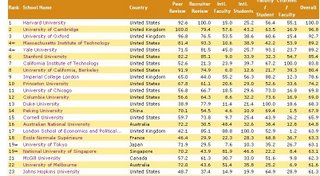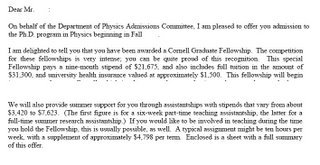SINGAPORE: Singapore citizens will always come first, before Permanent Residents and non-citizens, says Prime Minister Lee Hsien Loong.
That is why the health and education ministries are now working on changes to reduce fee subsidies for non-citizens, so that foreigners do not enjoy the same benefits as Singaporeans.
The next offset package for the GST increase will be for Singaporeans only, just like the Progress Package earlier this year, said Prime Minister Lee.
This is because the Government's responsibility is to Singaporeans first, although Permanent Residents and foreign workers will remain priorities.
"While we have non-citizens here, citizens always come first. We have to treat them as the best, we have to treat visitors well too but citizens have to be treated better," Mr Lee said.
"Right now, PRs enjoy the same subsidies as Singaporeans for education and healthcare, and in fact in healthcare, foreign workers also receive subsidised treatment. I think we should make a clear difference – PRs should pay more than Singaporeans but less than other foreigners, there is a distinction.
"If you are not a PR and not a citizen, you should be given good treatment but we will not give you special privileges."
For education, Mr Lee said there are plans to charge non-citizens more, but not to set fees so high that foreign students will not come.
While for healthcare, foreign workers will have to bear the full costs of their medical bills.
Halimah Yacob, Chairman of the GPC for Health, said that employers of foreign workers should do a proper costing to cover their full healthcare need so that Singaporeans would not end up paying for them. She also hopes that employers will not ignore the needs of these foreign workers.
"We got feedback from many Singaporeans and even from my own constituents that since everything's equal for Singaporeans, foreigners and PRs, what's so special about being Singaporean? To some extent, short of being nationalistic, PM's message of 'citizens first' is well overdue. It'll be much appreciated among Singaporeans who are wondering what's in it for me holding that red passport," said Zaqy Mohamad, MP of Hong Kah GRC.
More details about the review will be announced by the respective ministries over the next few months.
Fox says it's about bloody time.
If Singapore's hospitals and schools are as world-class as the government claims, then foreigners should still flock to them even when the rates are lowered for them. If local universities cannot attract enough foreign students, so what? It probably means that they are providing an overpriced service that only the locals can buy (with financial support from the state of course). In any case, why should Singapore subsidise a foreigner to get his or her undergraduate degree in Singapore? In the US, in any state, if a state-funded public university offers subsidised tuition rates to nonlocals, the governor and the state representatives will get lynched publicly.
On the other hand, the cost of medical care should not be made prohibitively expensive. If affordable healthcare is not made accessible to foreign workers, some of them may be skimp on that. Think SARS, TB, dengue, malaria, etc. Do people living in Singapore really want foreigners with these diseases to go untreated and mingle with them? One possible solution is to make it mandatory for employers to buy medical insurance and provide full healthcare coverage for their foreign workers.
Let's wait and see...




